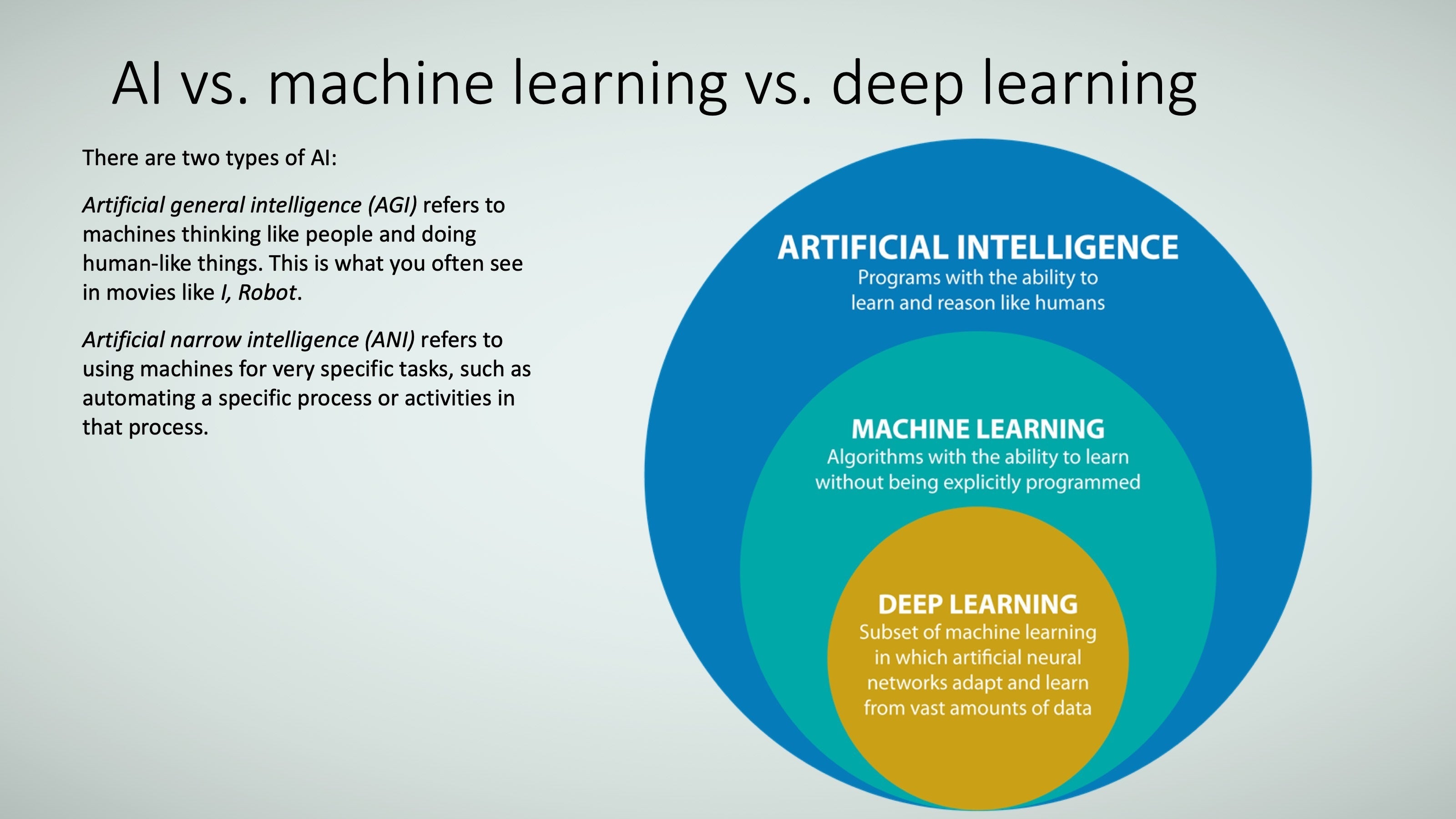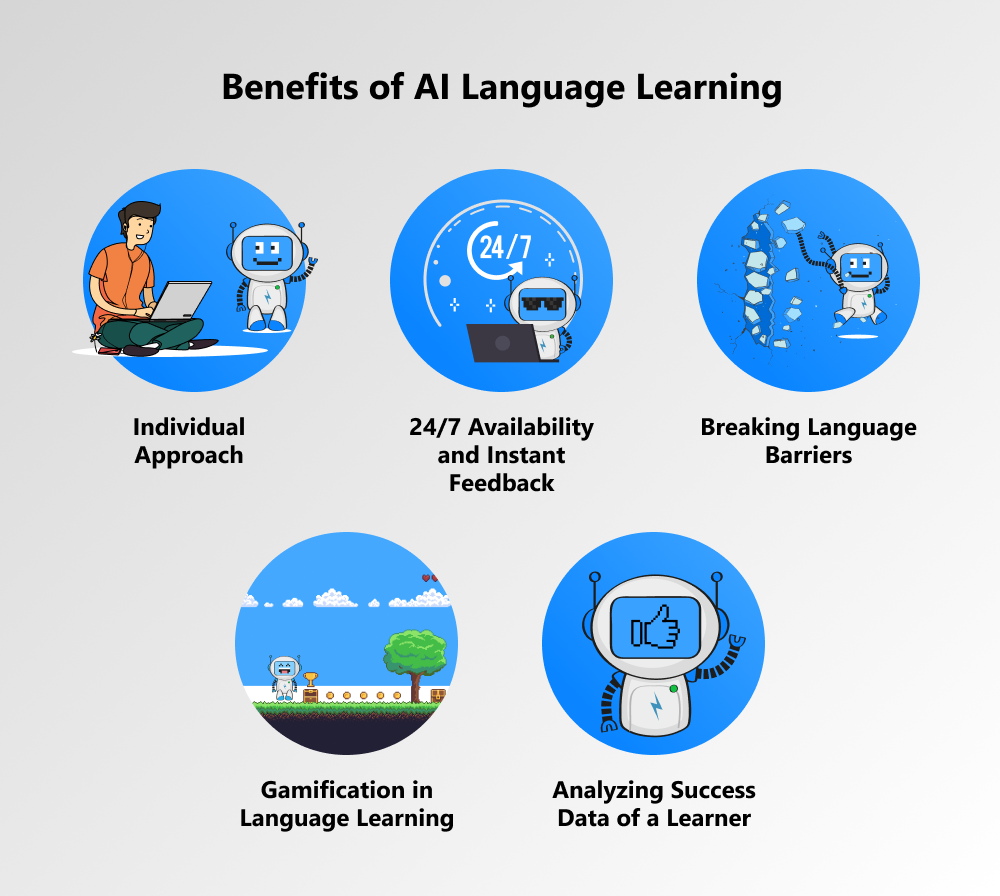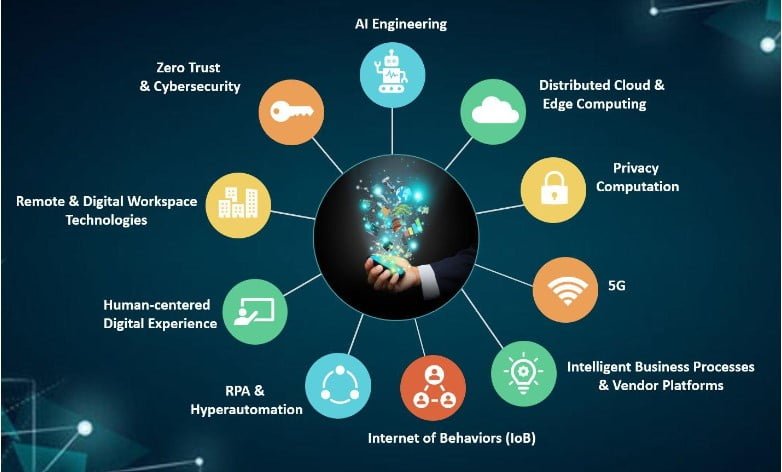Enhancing Education Through AI Presentation
| Introduction to Enhancing Education through AI | ||
|---|---|---|
| Artificial Intelligence (AI) is revolutionizing various industries, including education. AI technologies are being used to enhance teaching and learning experiences. AI can provide personalized learning, automate administrative tasks, and improve educational outcomes. | ||
| 1 | ||
| Personalized Learning with AI | ||
|---|---|---|
| AI algorithms can analyze student data to identify individual learning needs. Personalized learning platforms powered by AI can provide tailored content and activities. AI can track student progress, adapt instruction, and provide real-time feedback to optimize learning. | ||
| 2 | ||
| Intelligent Tutoring Systems | ||
|---|---|---|
| AI-powered intelligent tutoring systems can provide personalized guidance and support. These systems can assess student performance and provide targeted interventions. AI tutors can adapt to each student's learning style and pace, enhancing their understanding and retention. | ||
| 3 | ||
| Virtual Reality and AI in Education | ||
|---|---|---|
| AI and virtual reality (VR) can create immersive learning experiences. VR simulations powered by AI can help students visualize complex concepts. AI can analyze student interactions in VR environments, providing valuable insights for personalized instruction. | ||
| 4 | ||
| Automated Grading and Feedback | ||
|---|---|---|
| AI can automate grading of assignments, quizzes, and exams. Automated grading saves time for educators, allowing them to focus on teaching. AI can provide detailed feedback to students, enabling them to understand their mistakes and improve. | ||
| 5 | ||
| Intelligent Course Design and Recommendation | ||
|---|---|---|
| AI can analyze vast amounts of educational data to inform course design. Intelligent course recommendation systems can suggest relevant courses to students. AI can identify knowledge gaps and recommend additional resources or activities to fill them. | ||
| 6 | ||
| AI-Powered Language Learning | ||
|---|---|---|
| AI language learning platforms can provide interactive language practice and feedback. Chatbots powered by AI can simulate conversations for language learners. AI can analyze speech patterns and provide pronunciation corrections and vocabulary suggestions. | ||
| 7 | ||
| Ethical Considerations and Challenges | ||
|---|---|---|
| Ethical considerations, such as data privacy and bias, must be addressed in AI implementation. AI should augment, not replace, human educators to preserve the human touch in education. Adequate training and support for educators are necessary for successful AI integration. | ||
| 8 | ||
| Future Possibilities and Impact | ||
|---|---|---|
| AI has the potential to transform education, making it more accessible and personalized. AI can bridge the gap in educational resources and opportunities between different regions. Continuous advancements in AI will lead to further innovations and improvements in education. | ||
| 9 | ||
| Conclusion | ||
|---|---|---|
| AI has the power to enhance education by providing personalized learning experiences. With AI, educators can optimize teaching strategies and improve student outcomes. Embracing AI in education requires careful consideration of ethical implications and ongoing support for educators. | ||
| 10 | ||
| References (download PPTX file for details) | ||
|---|---|---|
| Smith, J. (2019). Artificial Intelligence in ... Siemens, G., & Baker, R. S. (2012). Learning ... Johnson, D., & Johnson, R. (2019). Artificial... |  | |
| 11 | ||









